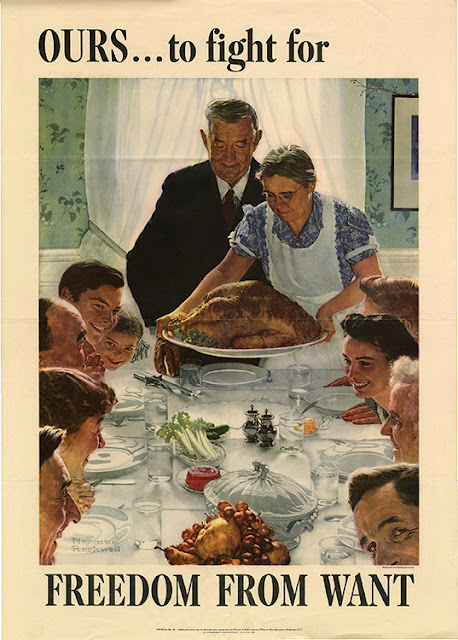On a motion to dismiss pursuant to CPLR 3211(a)(7), the pleading is to be given a liberal construction, the allegations contained within it are assumed to be true, and the plaintiff is to be afforded every favorable inference. However, allegations consisting of bare legal conclusions and factual claims that are inherently incredible are not entitled to a favorable inference. Further, dismissal pursuant to CPLR 3211(a)(7) is warranted when the plaintiff fails to assert facts in support of an element of the claim or if the factual allegations and inferences to be drawn from them do not allow for an enforceable right of recovery.
Here, the plaintiff failed to assert facts in support of the elements of an unfair competition cause of action. The plaintiff did not allege any facts that could be construed as palming off or misappropriation, either one of which is a required element of an unfair competition cause of action. Dismissed.
Similarly, the plaintiff failed to assert facts to support the elements of the cause of action alleging tortious interference with contract. The cause of action requires allegations of the existence of a valid contract between the plaintiff and a third party, defendant's knowledge of that contract, defendant's intentional procurement of the third-party's breach of the contract without justification, actual breach of the contract, and damages resulting therefrom. The plaintiff failed to allege the existence of any third-party agreement. Dismissed.
The plaintiff also failed to state a cause of action alleging tortious interference with business relations. In order to prevail on the claim, a plaintiff must prove: (1) that it had a business relationship with a third party; (2) that the defendant knew of that relationship and intentionally interfered with it; (3) that the defendant acted solely out of malice or used improper or illegal means that amounted to a crime or independent tort; and (4) that the defendant's interference caused injury to the relationship with the third party. The plaintiff failed to allege facts to indicate that the defendants acted solely out of malice and/or used improper or illegal means in removing her from stroke rounds. Dismissed.
The plaintiff also failed to state a defamation cause of action. The plaintiff's allegations were insufficient in that they failed to allege the particular words complained of, pursuant to CPLR 3016[a], the time, place, and manner of publication, or the person or persons to whom the statements were allegedly made. Dismissed.
Delanerolle v. St Catherine of Sienna Med. Ctr., NY Slip Op 05201 (2d Dep't October 23, 2024)
Here is the decision.






